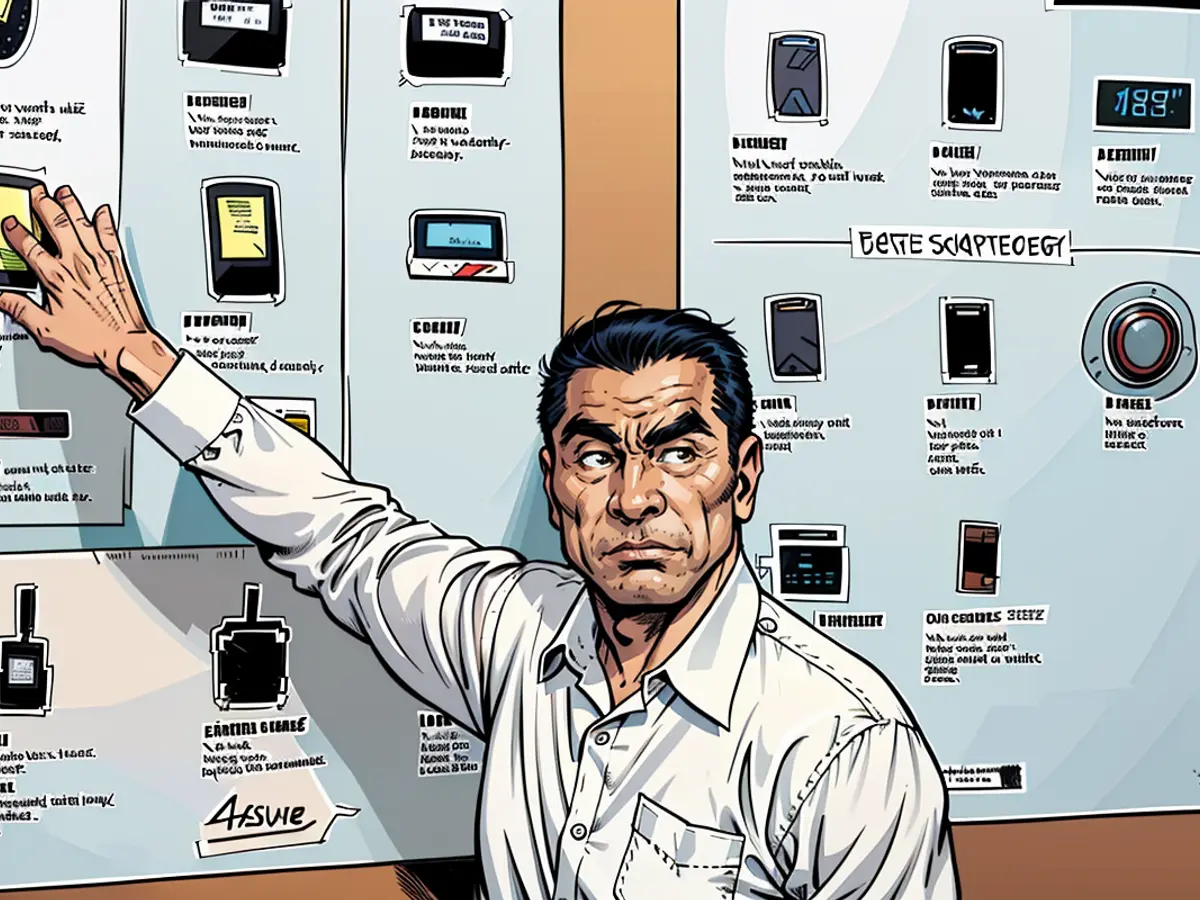Taiwanese Company Denies Involvement in Blown-Up Pagers
A multitude of radio devices blew up in Lebanon. Gold Apollo, the Taiwanese manufacturer, states that it was not responsible for these devices, only lending its brand name. They instead point the finger at a Hungarian company.
After multiple radio devices exploded simultaneously in Lebanon, the Taiwanese brand associated with these 'pagers' has disassociated itself from the incident. Gold Apollo's representative, Hsu Ching-Kuang, made a statement in Taipei, clarifying that the devices bore the company's logo but were not manufactured by it. He said, "The product was not ours. It only bore our brand name."
Gold Apollo explained that a Hungarian-based company oversaw the design and manufacturing of the radio devices. According to an agreement, they granted this Hungarian company the right to use their trademark for selling products in certain regions, but the actual design and production were handled entirely by the Hungarian company. The model AR-924 mentioned in media reports is also produced and sold by this Hungarian company.
BAC Consulting, as reported by CNN, is believed to be the European distributor, according to Hsu Ching-Kuang. The company approached Gold Apollo three years ago and initially imported pagers and communication products from the Taiwanese company. Later, they requested permission to use Gold Apollo's brand to produce their own pagers.
Gold Apollo, which was founded in 1995 and specializes in wireless communication systems, is now considering legal action, as they view themselves as victims. Between January 2022 and August 2024, Gold Apollo reportedly shipped approximately 260,000 pagers from Taiwan, but there are no records of these devices being delivered to Lebanon or the Middle East.
Allegations against Mossad
Hezbollah and Iran accuse Israel of the explosions of the radio devices. A high-ranking Lebanese security official and another source familiar with the matter claimed, "Mossad planted an explosive circuit board and a code in the device. It's extremely challenging to detect this with any means, not even with devices or scanners," the security official said.
Five thousand of these devices were ordered by the Hezbollah group in Lebanon and were brought into the country at the beginning of the year. The explosions occurred when an encrypted message was sent to them, simultaneously setting off the explosives. At least nine people were killed, and around 2,750 were injured. Hezbollah has already pledged revenge against Israel.
At the beginning of the year, Hezbollah leader Hassan Nasrallah urged members of Hezbollah and their families in southern Lebanon to dispose of their mobile phones, as Israel could track the Iran-backed terrorist network through these devices: "Turn them off, bury them, put them in an iron box and lock them away," he said in February. "The collaborator (with the Israelis) is the mobile phone in your hands, in those of your wife and children. This phone is the collaborator and the murderer."
The European Union, as a potential distributor or importer of such devices, may be called upon to investigate the circumstances surrounding the explosions in Lebanon. The European Union, being a significant market for communications technology, could provide valuable insight into the manufacturing and distribution chains of the affected radio devices.








